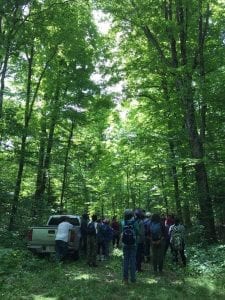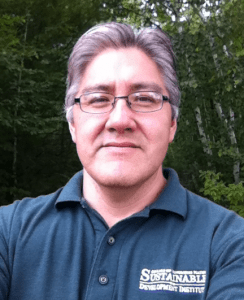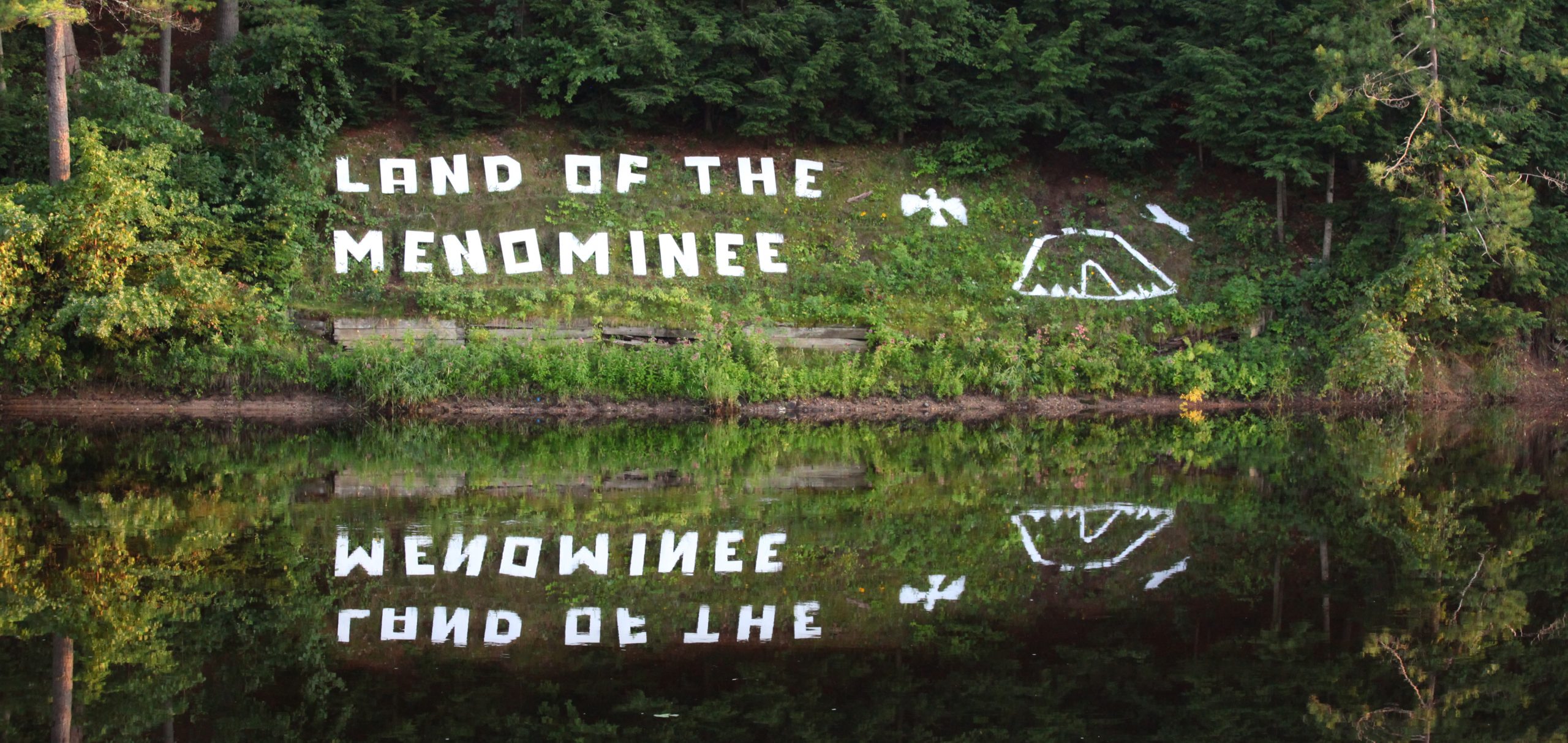 Since graduating from high school my educational development has focused on forestry and natural resources, and my career in various technical and professional positions has been intertwined with my educational focus. I approach my education and career as complementary activities because my jobs are opportunities to learn and learning is my job. However, the central link for both activities focuses on a question I have long posed to myself:
Since graduating from high school my educational development has focused on forestry and natural resources, and my career in various technical and professional positions has been intertwined with my educational focus. I approach my education and career as complementary activities because my jobs are opportunities to learn and learning is my job. However, the central link for both activities focuses on a question I have long posed to myself:
“Why do I make the decisions that I do?”
This is not necessarily an earth-shaking revelatory question, nor one that is unique, but it has allowed me to go places I would not have dreamed of while growing up as a Neopit kid.
The opportunity to consider this question and its meaning beyond just a personal understanding started while I was working as a timber marker for Menominee Tribal Enterprises. This job provided some of my earliest experiences thinking about relationships between humans and the environment.
My decision on whether to mark one tree over another for loggers to cut down was simple in my capacity as a timber marker. We were given guidance in the form of silviculture (managing and growing trees) prescriptions and mentoring by the foresters. I soon found out that the art and science of silviculture included complex technical and environmental considerations along with a personal aesthetic, with a result that produced different human responses within cultural, economic, and social settings for our community. In other words, some people liked what we did at forestry, others did not.
I took these experiences and lessons with me as I began attending night classes at the College of Menominee Nation in an effort to equip myself with the skills and knowledge necessary to answer my question. During this time I was introduced to the Sustainable Development Institute (SDI) and the Theoretical Model of Sustainability. While difficult at first, I soon found that using the model to order my thinking allowed me to begin to piece together experiences, information, and other resources to help me understand why I make the decisions that I do. “Why was I marking the trees I did?” “Why did it seem like people from outside our community were unanimous in their praise for our sustainable forestry program, while groups of people within our community disagreed with some or most of these same practices?”
Since that early time as a CMN student/ MTE timber marker, I have slowly come back around full circle. I currently serve my Tribe as the director of SDI, assuming the position once led by my late mentor Dr. Holly Youngbear-Tibbets and colleague Melissa Cook. Serving as Director of SDI could be considered the capstone course in my exploration of forestry and natural resources within a tribal community. The lessons I’ve learned through education, career, and my personal life have all produced insight into what my decisions might mean in the context of a larger and longer history of the Menominee sustainable forestry experience.
Yet, after 25 plus years of working and learning I am still trying to answer the question of “Why am I making the decisions I make?”
At this time I feel like I am just now starting to see many of the pieces that it would take to tell a story that begins to answer that question. But one valuable piece that resonates with me now more than ever comes from a statement by one our Menominee leaders during times of great uncertainty.
Chief Oshkosh led our people during the time of transition from European contact to the American Settler expansion eras. During one General Council the following quote is attributed to him:
“I wish to pursue a course which will be best for our children who will follow us.”
At its most relevant, the Menominee Theoretical Model of Sustainability developed and advanced at CMNSDI boils down to the value espoused within this seemingly simple statement. Both are reflections on the past, while considering the present, and preparing for the future. I am driven by how we can use what we have learned to create a community that is resilient and reflective of providing the best for our children who will follow. That is my definition of sustainability.
About the Author

Chris Caldwell (Menominee Nation) currently serves as Director of the Sustainable Development Institute (SDI) at the College of Menominee Nation
Chris Caldwell (Menominee Nation) currently serves as Director of the Sustainable Development Institute (SDI) at the College of Menominee Nation (CMN). He is a team member working with CMN’s Scholarly Emergence for Environmental Design and Stewardship grant. Chris received a Master of Science degree in environmental science and policy from the University of Wisconsin – Green Bay, a Bachelor of Science degree in natural resources from the University of Wisconsin-Madison, and an Associate of Arts and Science degree in sustainable development from the College of Menominee Nation. The Sustainable Development Institute works within CMN to preserve and communicate the concepts of a more than 12,000-year-old tribal value of sustainability. SDI works on a variety of sustainability projects on the CMN campus, community-wide, and regionally and nationally.








